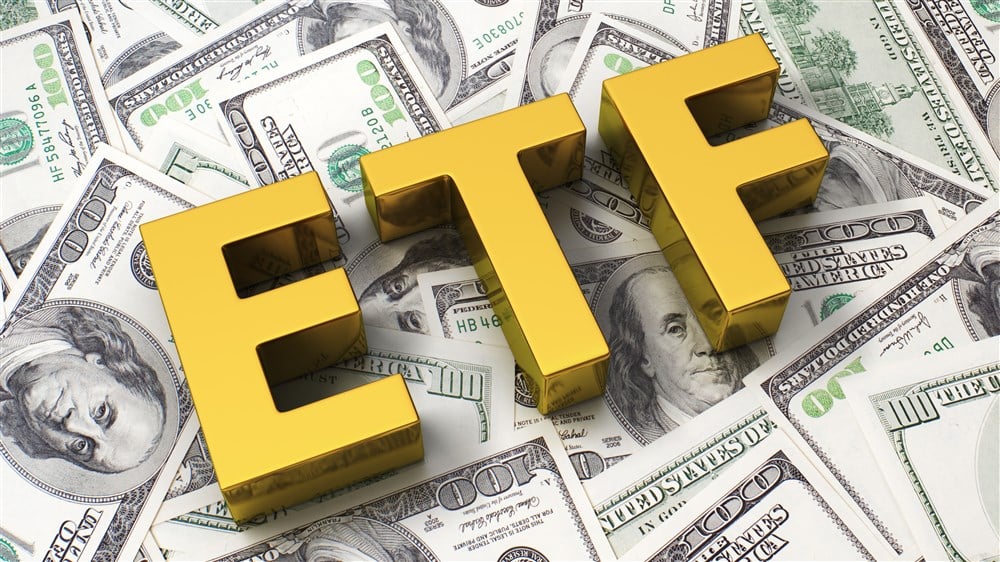
As the old investing adage goes, you should never put all your eggs in one 'basket. This can create immense portfolio risk and lead to devastating losses.
Conversely, spreading wealth into a diversified group of individual stocks, bonds, and alternatives is a more prudent approach — for novice and experienced investors alike.
Okay, so instead of distributing a nest egg into one basket, have multiple baskets. But how many baskets? And in investment terms, what the heck is a basket anyway?
In the broadest sense, an investment basket is an asset class — cash, bonds, stocks and real estate are common examples. It can also be defined as an individual company.
In this latter case, owning dozens of stocks is necessary for proper diversification. Industry pioneers have long argued for holding 20, 30 or more individual stocks to maximize the benefits of diversification. While rooted in sound mathematics, purchasing and keeping track of 30+ stocks can be overwhelming to the average retail investor.
Enter exchange-traded funds, or ETFs. An ETF is a basket of individual securities that trade on a regulated exchange just as individual stocks do. Think of an ETF as a giant basket filled with tiny baskets. Investing in an ETF can be a great way to gain access to hundreds, if not thousands, of stocks in one neat package.
Okay, but this must be expensive.
Yes and no.
Some of the most popular, widely recommended ETFs have high share prices. The SPDR S&P 500 ETF (NYSEARCA: SPY) is currently priced at around $425 per share. The Invesco QQQ ETF (NASDAQ: QQQ) goes for roughly $355 per share. These are prices worth paying, however, given the funds' high liquidity and instant exposure to a high percentage of the U.S. stock market. Both are strong portfolio' anchors,' but they can also eat up the majority of a small account.
Let's say you want to invest $5,000 in the market. You buy 5 shares of SPY and 5 shares of QQQ. It's a nice start, but you're already down to about $1,000 cash. Are there any ETFs out there that offer further diversification and fit the remaining budget?
Only 2% of 3,000 U.S.-listed ETFs have share prices under $10 (compare this to the individual U.S. stock universe where roughly one of every three stocks is under $10). Of the 50 or so sub-$10 ETFs, many track a single security like a commodity or a cryptocurrency. Others have poor performance track records or charge high fees.
That leaves us with a short list of low-cost, low-priced ETFs that could serve as nice 'satellite' holdings for a small, diversified portfolio — including these three.
#1 - BBLU $9.55
Launched in 1997, The EA Bridgeway Blue Chip ETF (NYSEARCA: BBLU) remains one of the best-kept secrets of the ETF world. The actively managed fund considers only the largest 150 U.S. companies, a.k.a. 'blue chips,' and currently has 38 positions. Since this means there is considerable overlap with SPY and QQQ, BBLU would be a way to augment the most established U.S. stocks and reduce the dependency on newer, more volatile companies. BBLU's 11.2% total annual return over the last 15 years puts it in the top decile among large-cap core funds. Its 0.15% expense ratio is alarmingly low for an actively managed outperformer.
#2 - EVNT $9.69
The AltShares Event-Driven ETF (NYSEARCA: EVNT) represents a good way to weave an alternative investment strategy into a portfolio. As the name suggests, the fund invests in stocks or bonds that are likely to go up or down in conjunction with an anticipated announcement or corporate event. This means it can take both bullish and bearish positions by buying or shorting, respectively. The fund's largest current bet is Activision Blizzard, which comprises about 7% of the portfolio. This means near-term fund returns will be largely impacted by regulatory approval (or disapproval) of Microsoft's pending takeover of the gaming leader. EVNT has a high expense ratio (1.53%), but it may be worth it given the low correlation with the S&P 500.
#3 - SILJ $8.47
The ETFMG Prime Junior Silver Miners ETF (NYSEARCA: SILJ) provides direct exposure to precious metals exploration and production — specifically, silver mining. It is the first and only ETF that focuses exclusively on small-cap silver miners, which, like their larger competitors, benefit when silver prices rise. At around $22.85 per troy ounce, silver is up more than 20% over the last 12 months but is being pressured by a hawkish Fed and worries about China's economic slowdown. SILJ, which contains more than 50 stocks, is uncorrelated with the U.S. stock market and, therefore, a cheap way to enhance account diversification.







